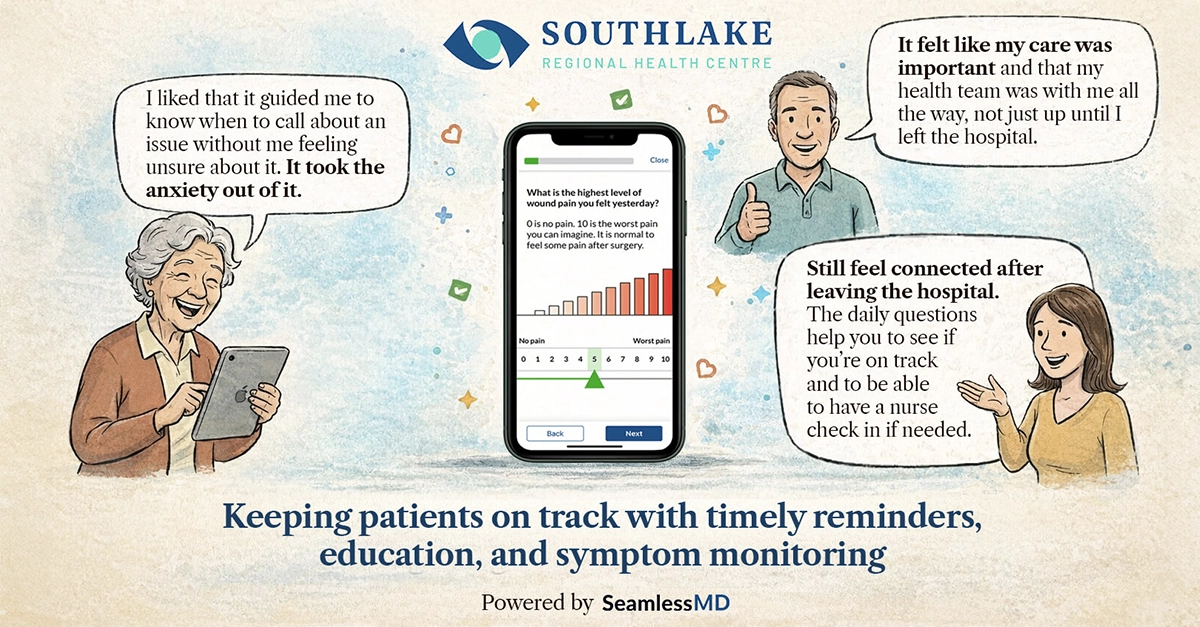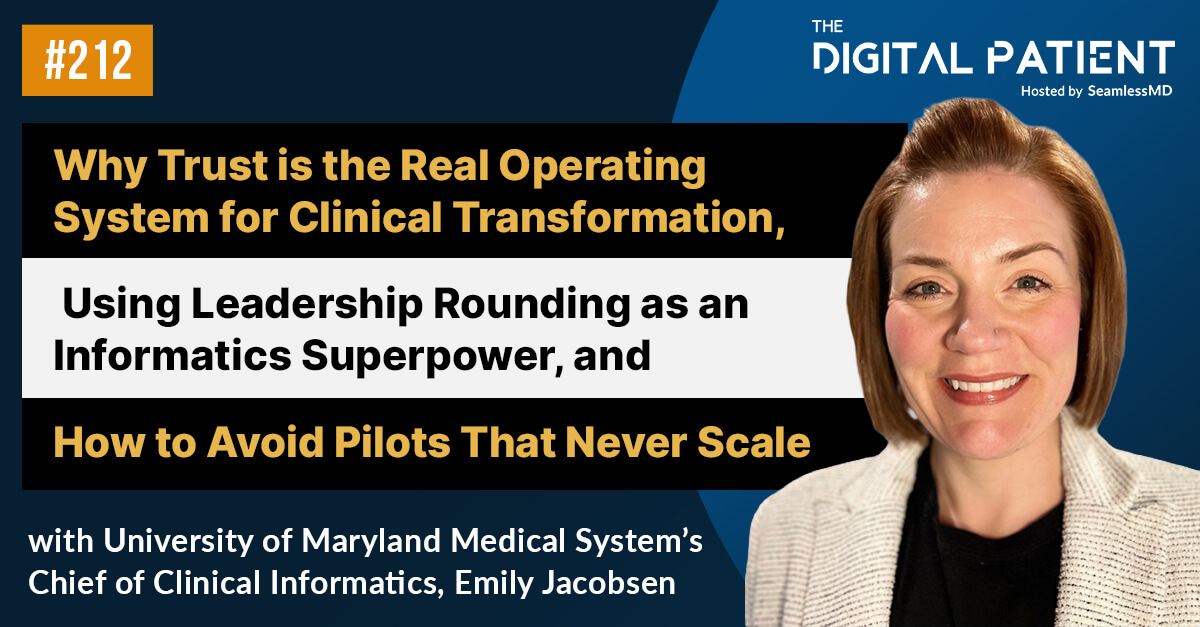In 2014, Rush University Medical Center established a Colorectal ERAS program. After successfully reducing opioid utilization and patient length of stay, the team soon found the reductions in LOS start to plateau like many other ERAS programs. After observing this trend, the team at Rush acknowledged they were missing the tools needed to measure and improve patient compliance with ERAS protocols to optimize their results further.

In 2017, Rush implemented ÎŢÓǶĚĘÓƵ to engage, educate, and track patients across the ERAS episode so they could keep patients on-track while collecting PROs such as ERAS compliance.
Earlier this month, Rush University published a study in the assessing the value of ÎŢÓǶĚĘÓƵ for their established enhanced recovery program.
The results from the study (n=289) show patients enrolled in ÎŢÓǶĚĘÓƵ to have higher ERAS protocol compliance, lower mean LOS and SSI rates, and total patient costs that are $2386 less for patients not enrolled.

.svg)





